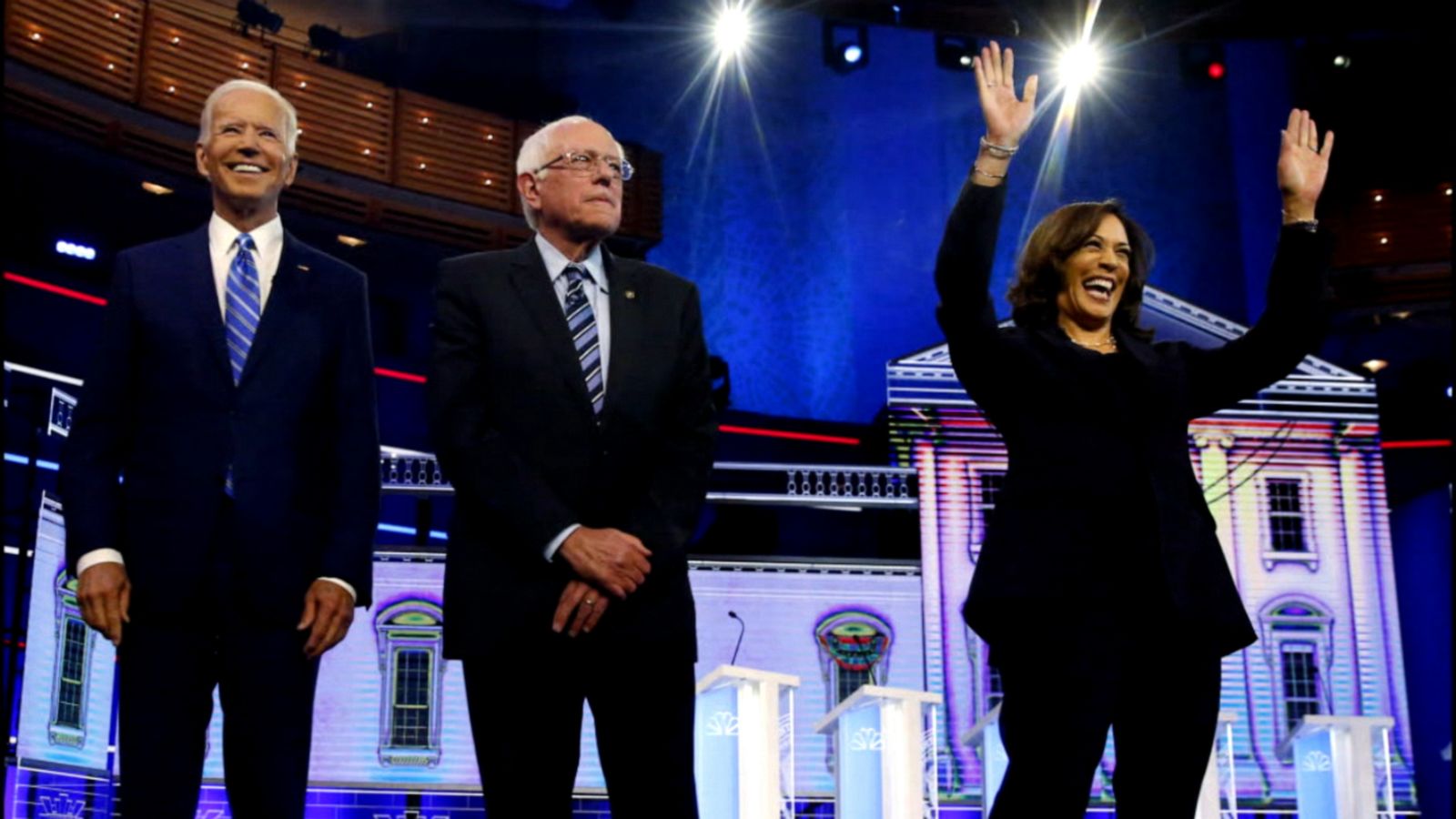Historical Context of the ABC Debate
The ABC debate, a cornerstone of political discourse, has shaped the landscape of political theory and practice. It revolves around the fundamental question of the proper relationship between the state, the economy, and individual liberty. This debate has witnessed a dynamic interplay of ideas, events, and influential figures, resulting in a complex and evolving understanding of political economy.
Origins and Significance
The ABC debate finds its roots in the Enlightenment, a period marked by a surge in intellectual and scientific inquiry. The emphasis on reason, individual rights, and the pursuit of happiness laid the groundwork for the development of liberal political thought. The core principles of individual liberty, limited government, and free markets, championed by thinkers like John Locke and Adam Smith, became foundational to the ABC debate.
Key Figures and Events, Abc debate
The ABC debate has been shaped by a constellation of influential figures and pivotal events.
- Adam Smith, in his seminal work “The Wealth of Nations,” laid the groundwork for classical liberalism by advocating for free markets and minimal government intervention. His ideas, often referred to as “laissez-faire” economics, emphasized the benefits of individual initiative and competition in driving economic growth.
- John Stuart Mill, a prominent figure in the 19th century, extended the liberal tradition by arguing for individual liberty and the importance of free speech and expression. His work, “On Liberty,” remains a cornerstone of classical liberal thought.
- Karl Marx, a fierce critic of capitalism, argued that the pursuit of profit inevitably leads to exploitation and inequality. His ideas, known as Marxism, challenged the principles of free markets and advocated for a socialist system where the means of production are owned and controlled by the state.
- John Maynard Keynes, a British economist, emerged as a key figure in the 20th century. He challenged classical economic theory by arguing that government intervention is necessary to stabilize the economy and prevent recessions. His ideas, known as Keynesian economics, have significantly influenced modern economic policy.
- Friedrich Hayek, a leading figure in the 20th century, advocated for free markets and limited government intervention. His work, “The Road to Serfdom,” warned against the dangers of central planning and the erosion of individual liberty.
Timeline of Major Milestones
The ABC debate has evolved over centuries, marked by key events and shifts in thinking.
- 1776: The American Declaration of Independence, a landmark document that enshrined the principles of individual liberty, limited government, and free markets, influenced the early stages of the ABC debate.
- 1848: The publication of Karl Marx and Friedrich Engels’s “The Communist Manifesto” marked a turning point in the debate, challenging the foundations of capitalism and advocating for a socialist alternative.
- 1929: The Great Depression, a global economic crisis, prompted a reevaluation of classical economic theory and led to the rise of Keynesian economics, which emphasized the role of government intervention in stabilizing the economy.
- 1944: The Bretton Woods Agreement, a post-World War II agreement that established a new global economic order, solidified the role of international institutions in managing the global economy.
- 1970s: The rise of neoliberalism, a resurgence of classical liberal ideas, emphasized free markets, deregulation, and privatization.
- 2008: The global financial crisis triggered a renewed debate about the role of government in regulating financial markets and preventing future crises.
Impact and Implications: Abc Debate

The ABC debate, while seemingly a theoretical discussion, has had profound and lasting implications on the political, social, and economic landscapes of various societies. Its influence continues to be felt today, shaping contemporary discourse and influencing the way we think about issues ranging from individual rights to global governance.
Long-Term Impact
The ABC debate’s impact can be traced through its influence on key political, social, and economic spheres. In the political realm, the debate has contributed to the development of different political ideologies and the formation of political parties aligned with specific stances on the ABC question. This has led to diverse political landscapes with varying levels of government intervention in the economy and social life. Socially, the debate has shaped societal norms and values, impacting how individuals perceive their roles and responsibilities within society. The ABC debate has also influenced economic policies, with proponents of each position advocating for different approaches to economic management, including taxation, regulation, and social welfare programs.
Current State and Relevance
The ABC debate remains relevant in contemporary discourse, as societies grapple with complex challenges such as economic inequality, climate change, and technological advancements. These issues often necessitate a reevaluation of the role of the state in addressing them, bringing the ABC debate back into the spotlight. The ongoing debate about the optimal balance between individual freedom and collective responsibility continues to be a central theme in contemporary political and social discussions.
Implications for Different Sectors
The ABC debate has significant implications for various sectors of society, influencing how they function and operate. The following table Artikels key implications for different sectors:
| Sector | Implications |
|---|---|
| Political |
|
| Social |
|
| Economic |
|
| International Relations |
|
The ABC debate was a whirlwind of passionate arguments, each side vying for the audience’s attention. It reminded me of the fierce battles waged in presidential debates , where candidates spar for every vote. While the ABC debate focused on a specific issue, it shared the same electrifying energy that defines those high-stakes political encounters.
The ABC debate, a whirlwind of political discourse, often brings to mind the legacy of legendary journalists like David Muir , who navigated the complex world of news with unwavering integrity. Muir’s dedication to truth and his ability to connect with audiences served as a model for those navigating the often-turbulent waters of the ABC debate.
